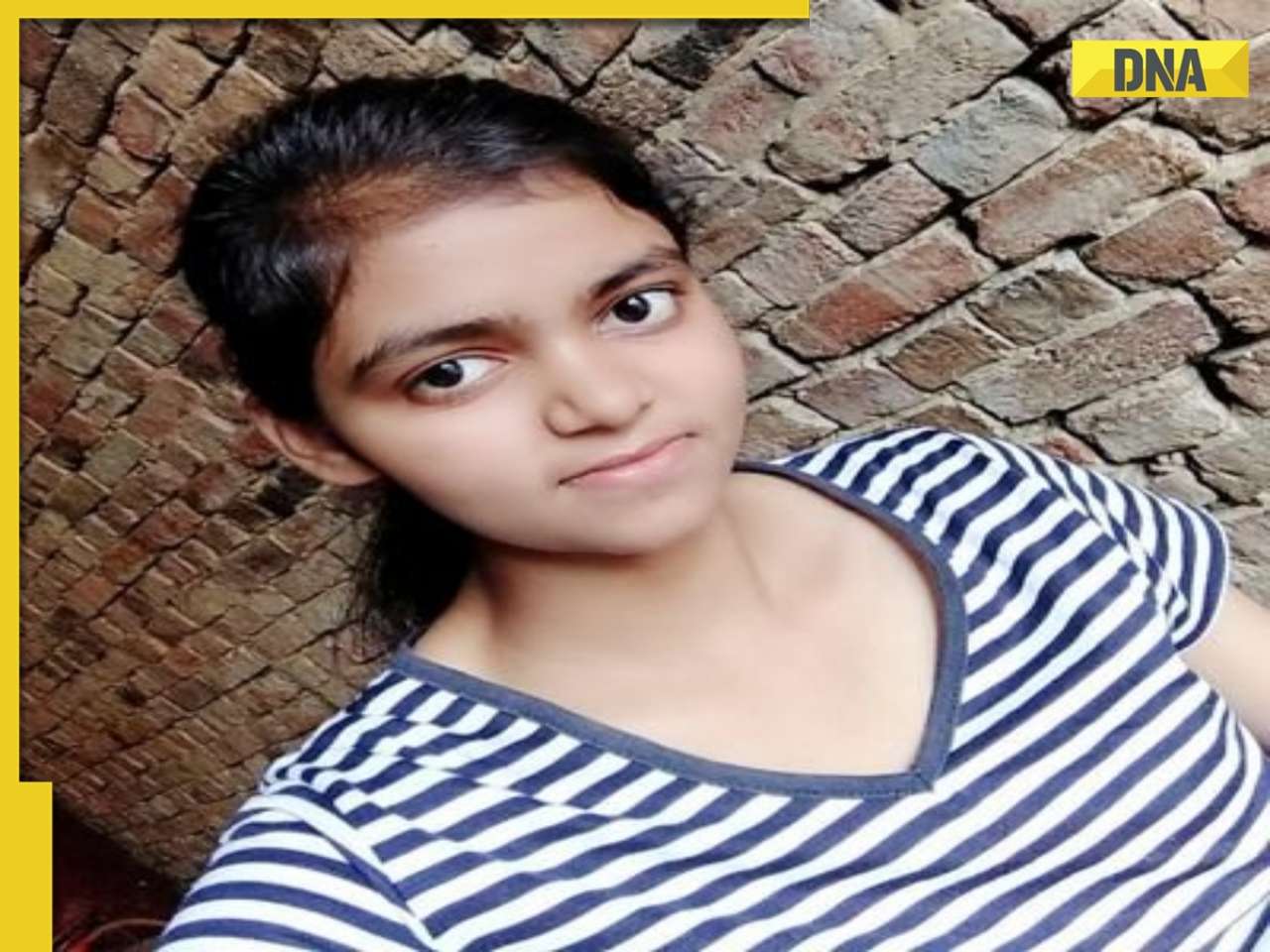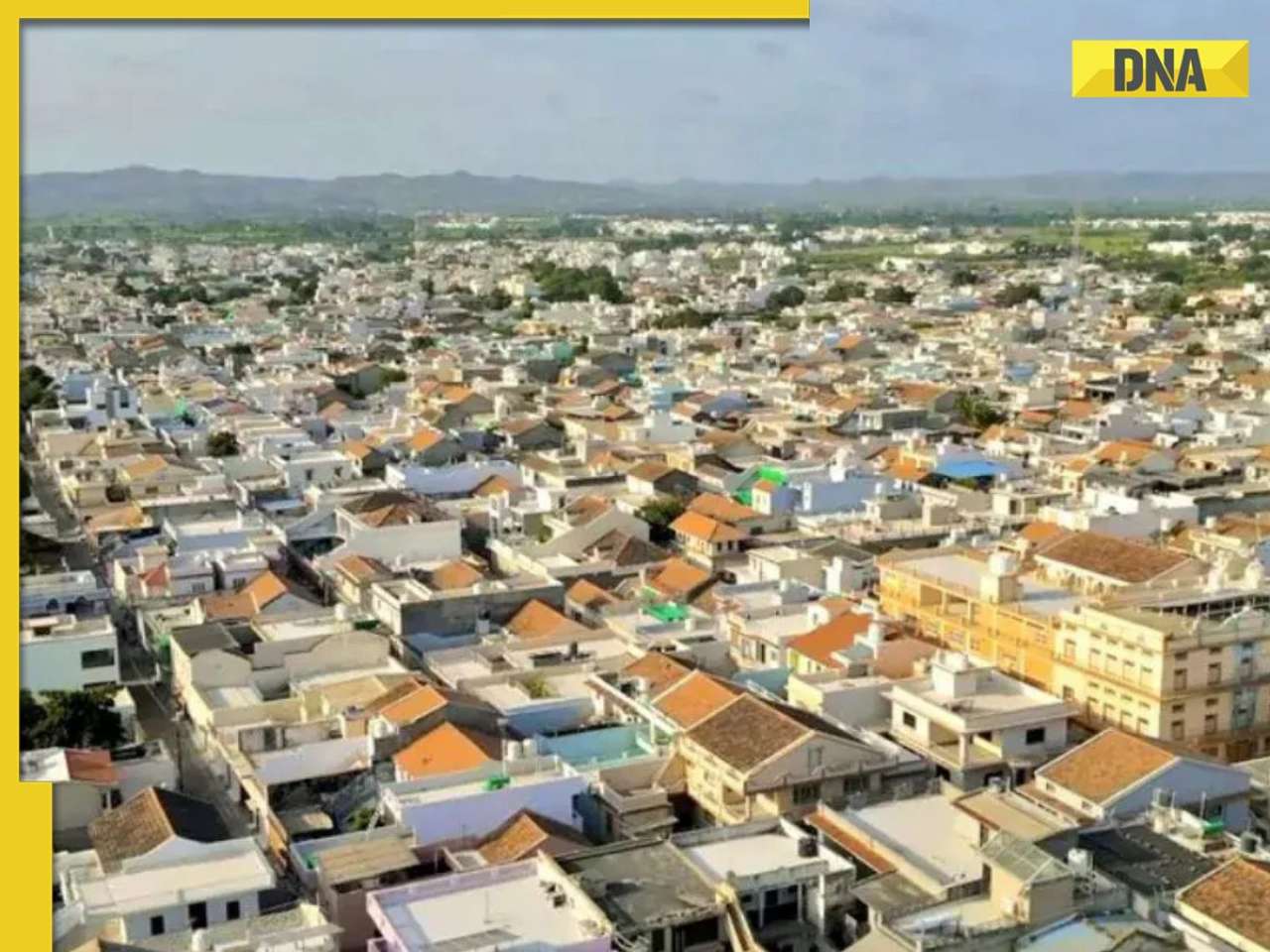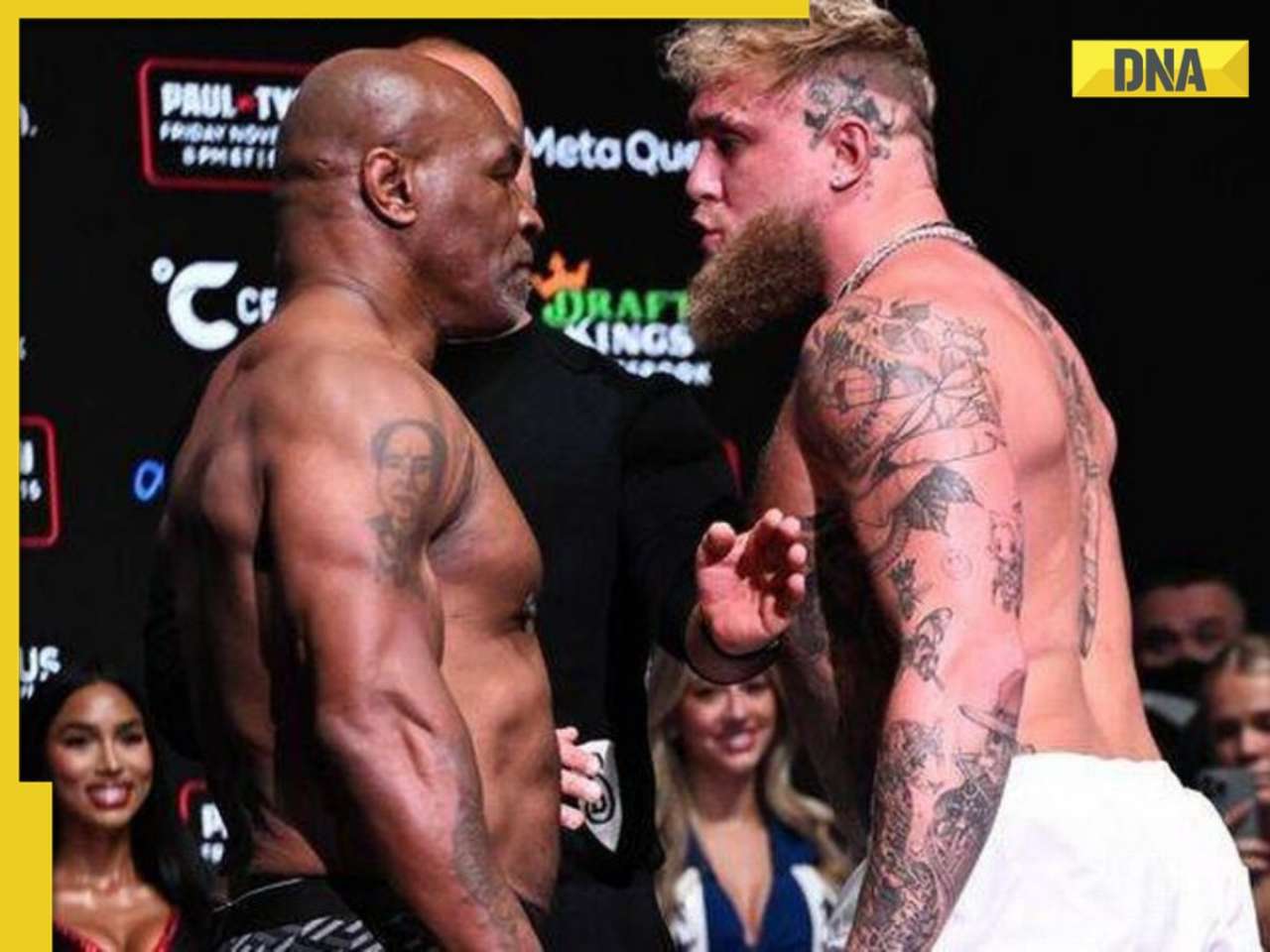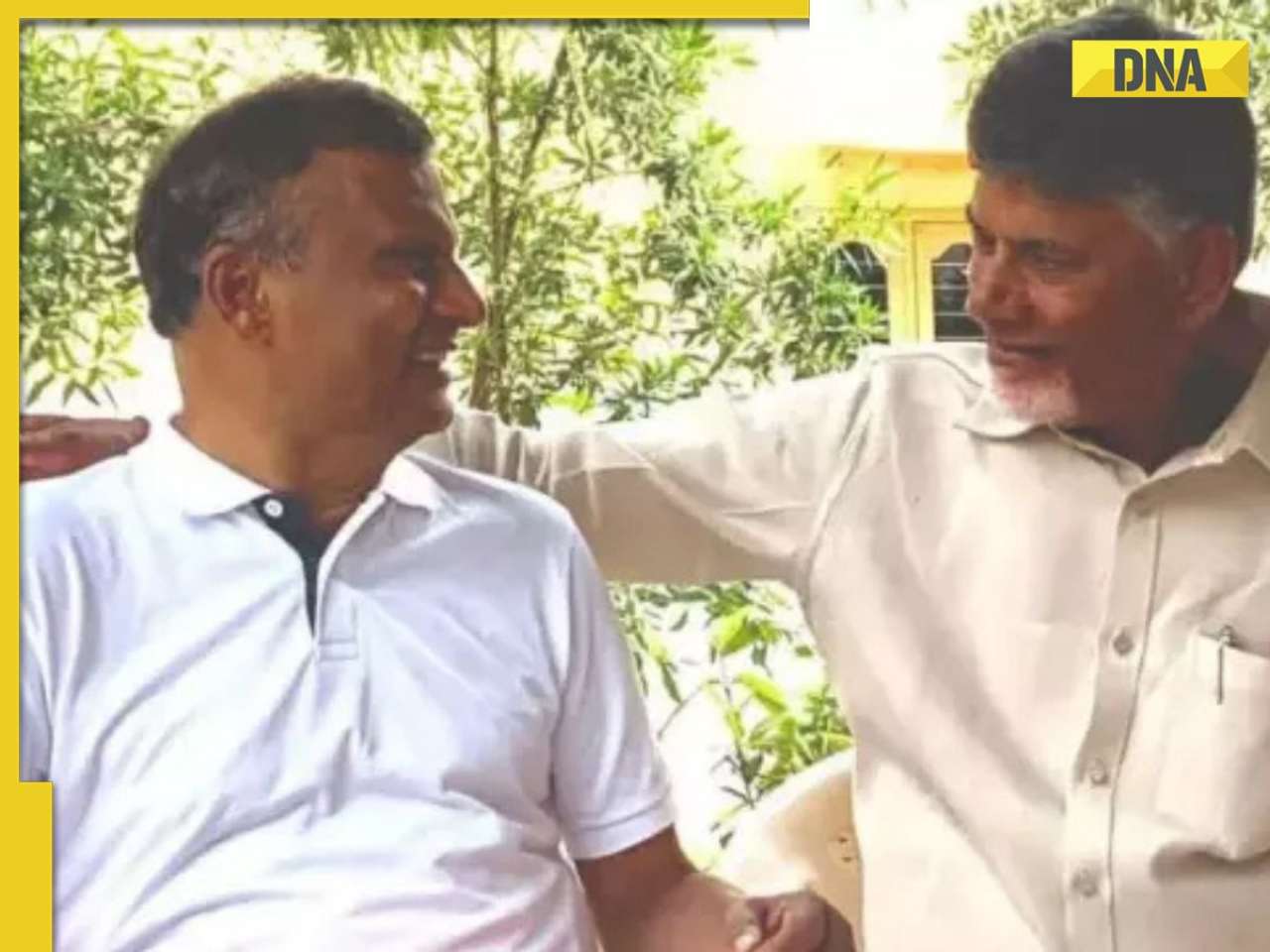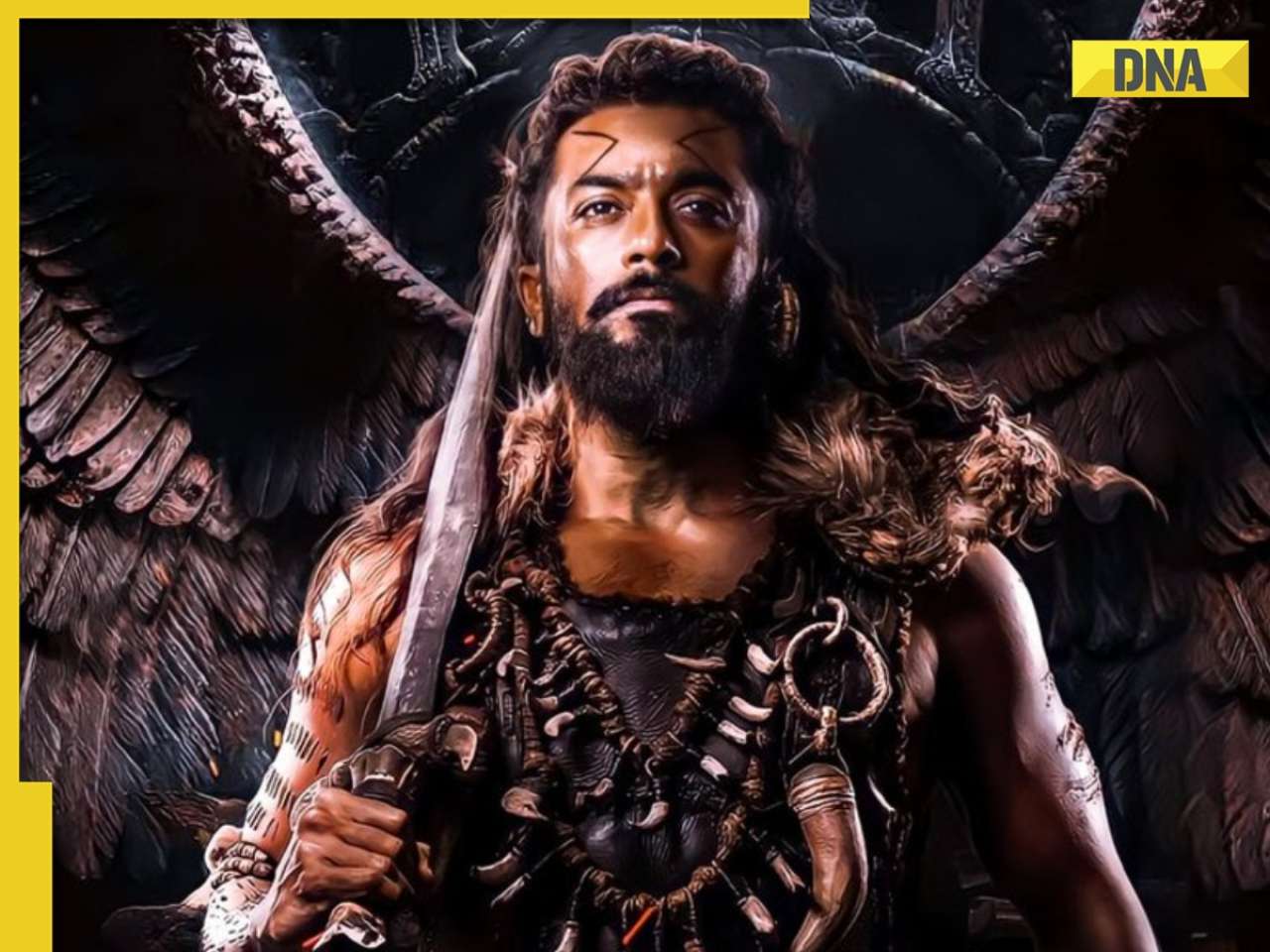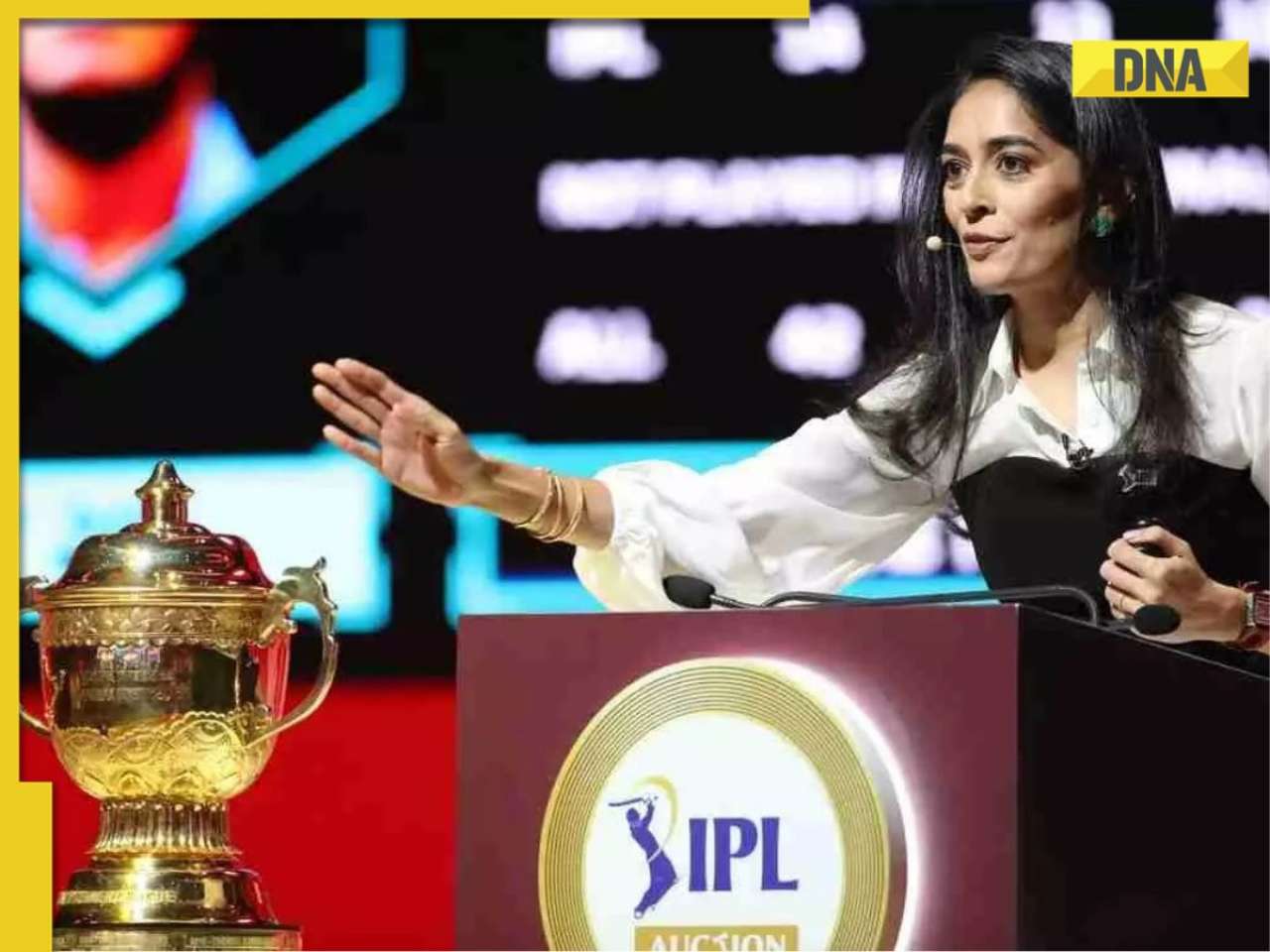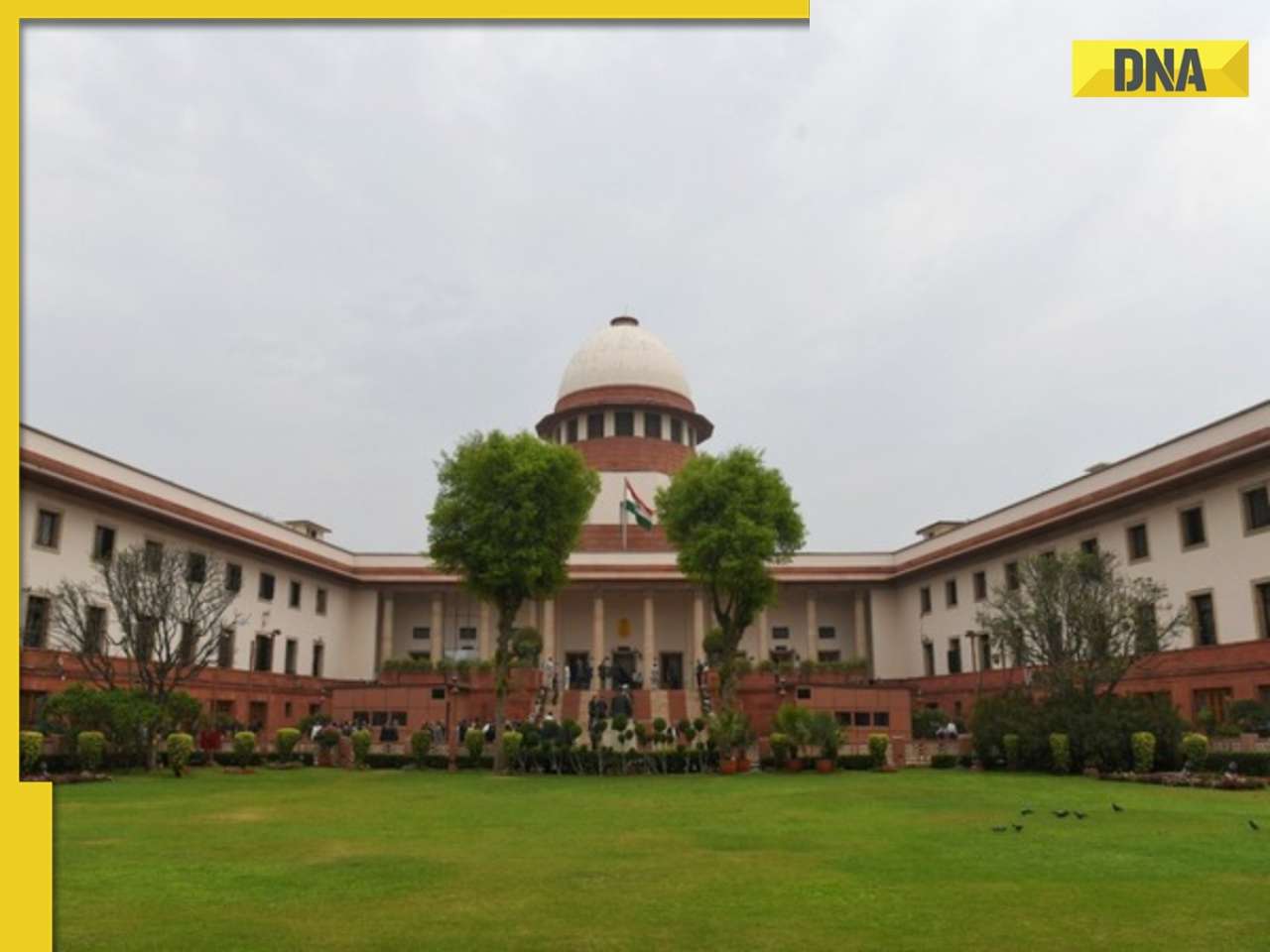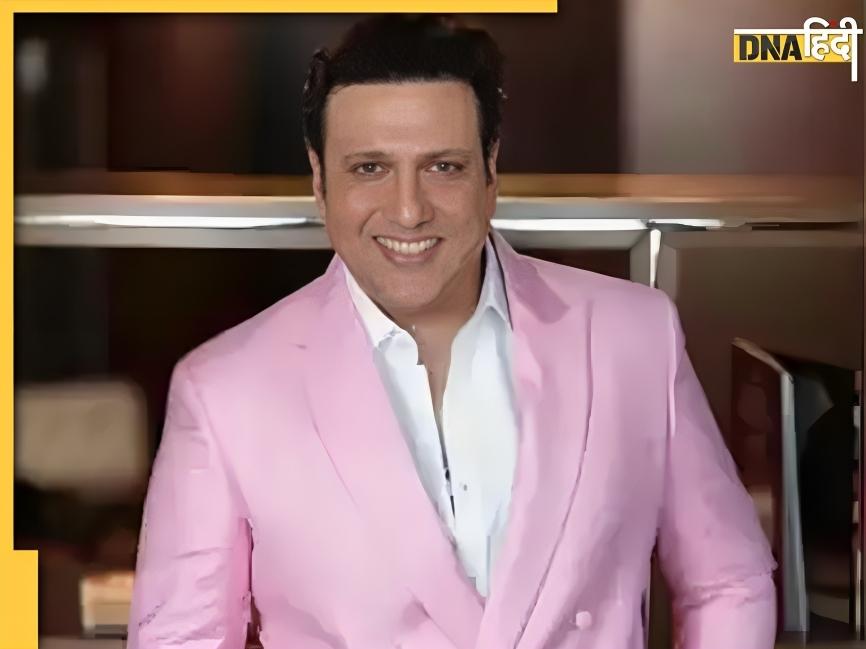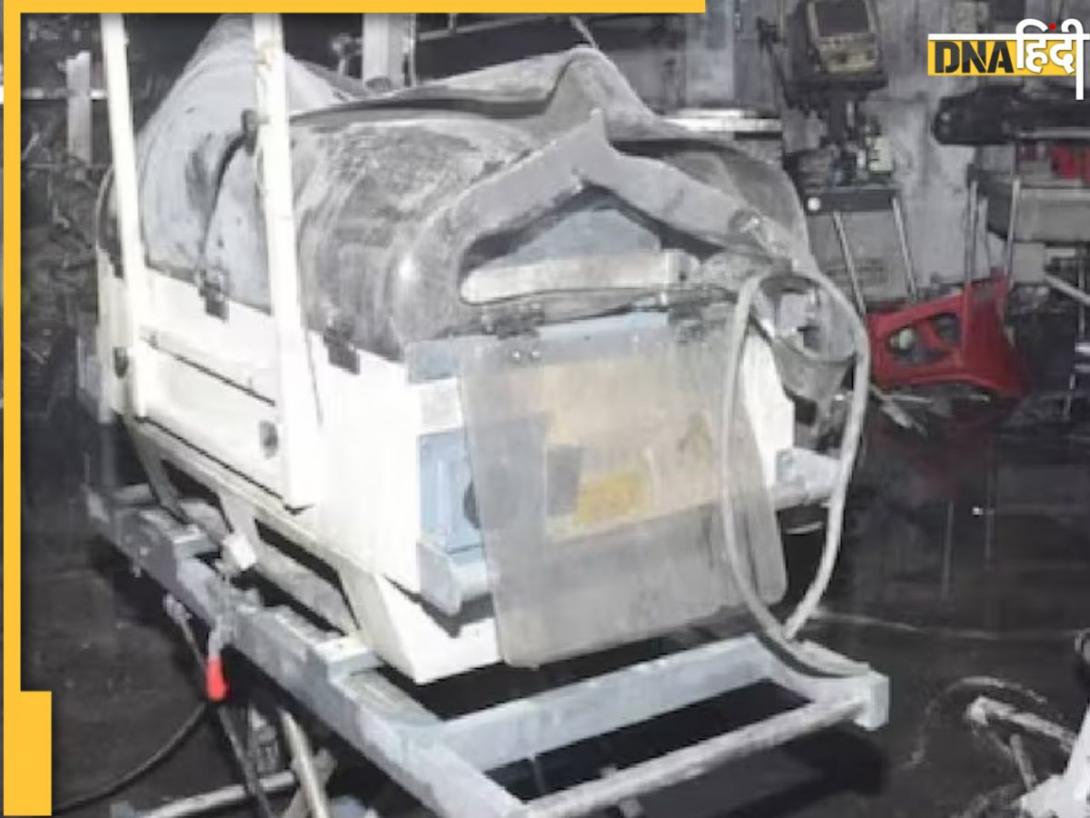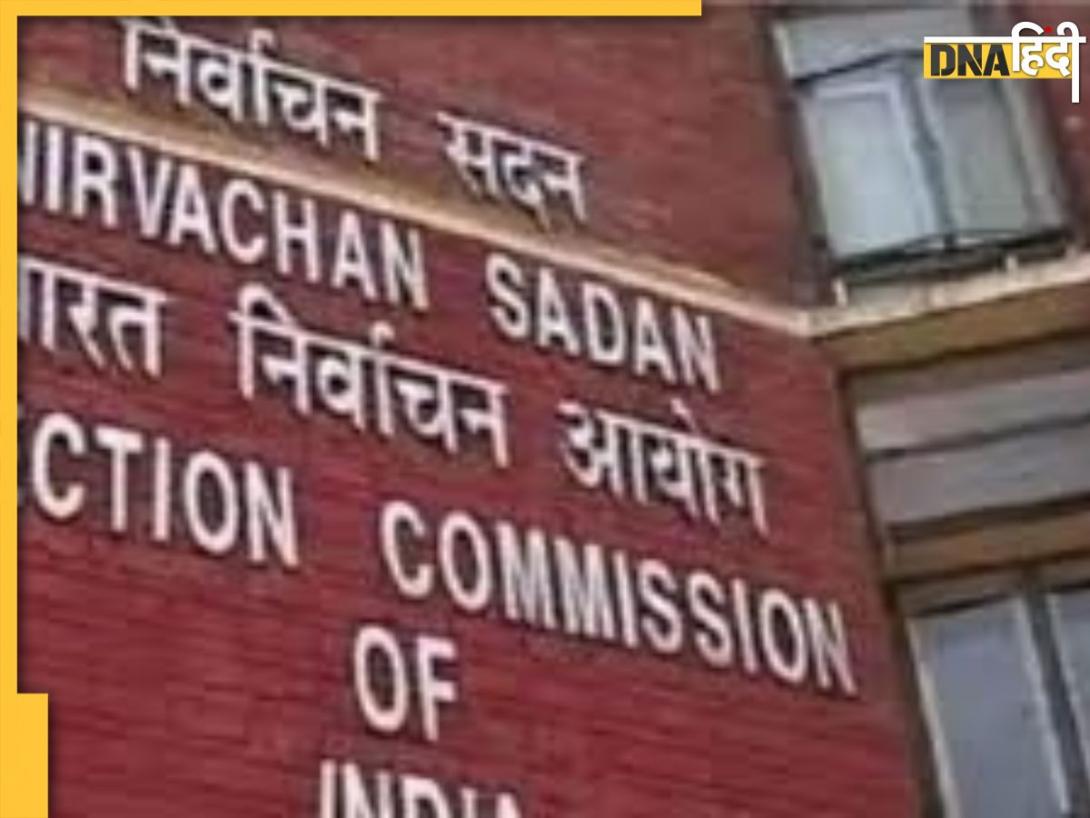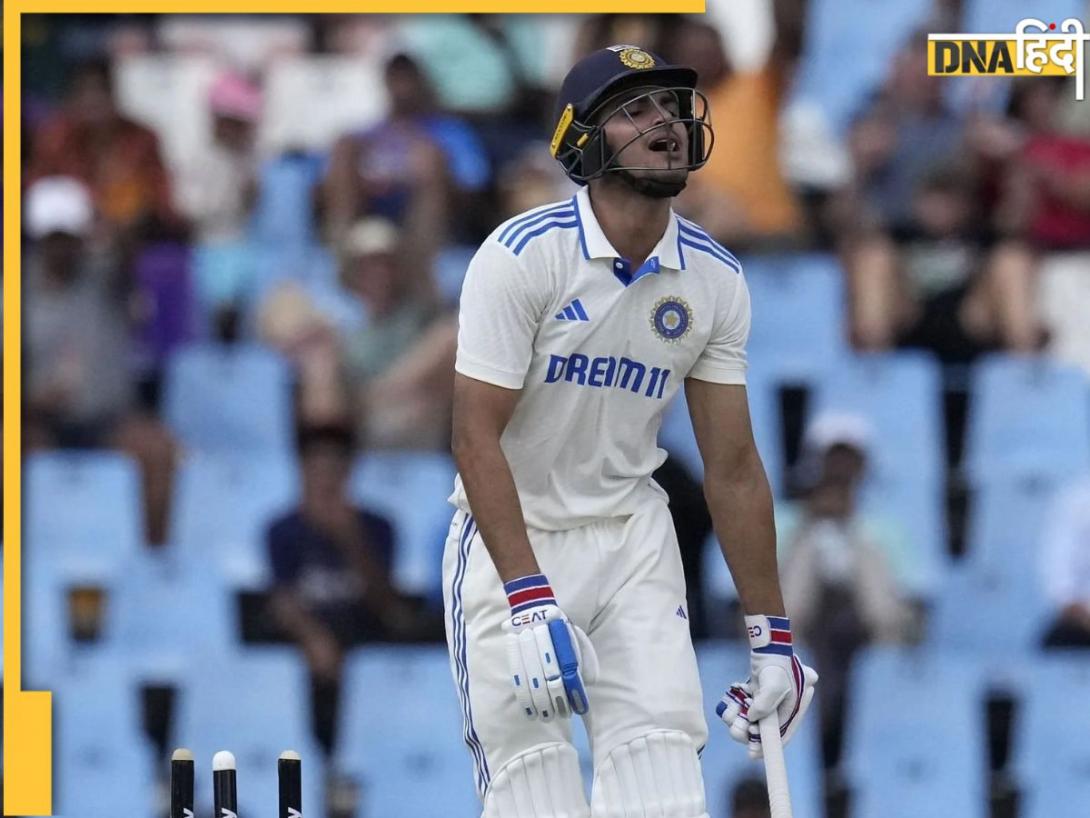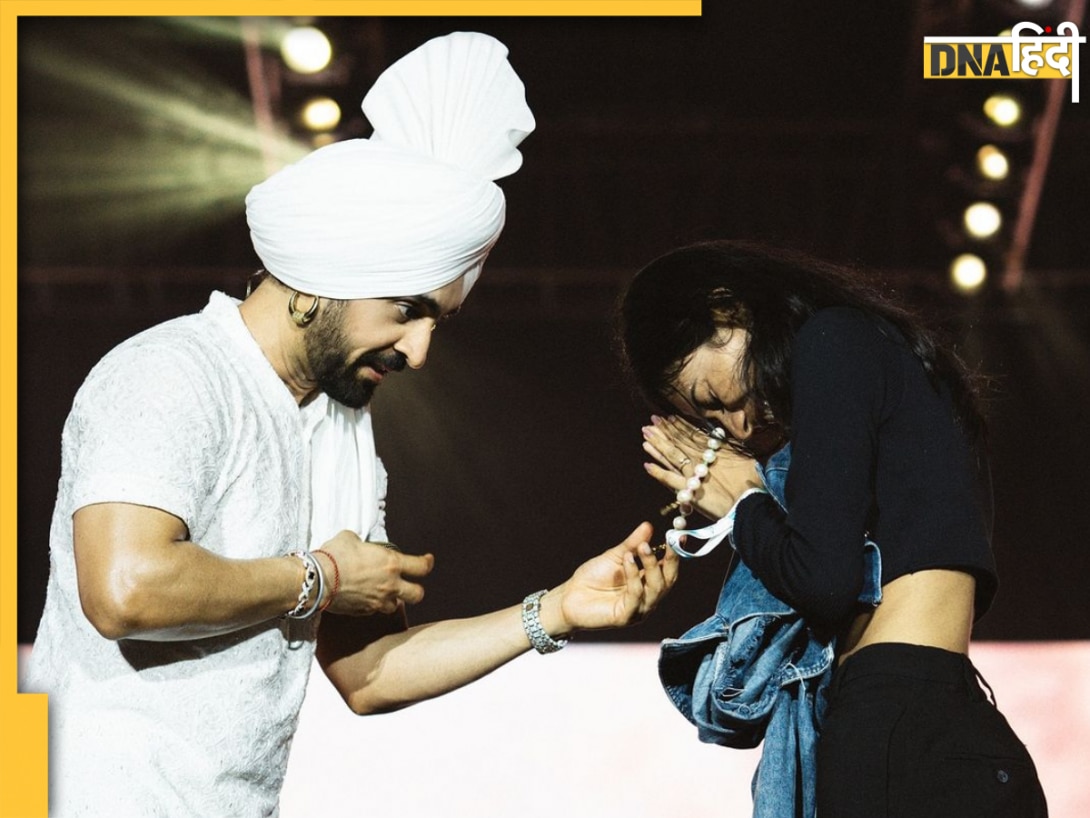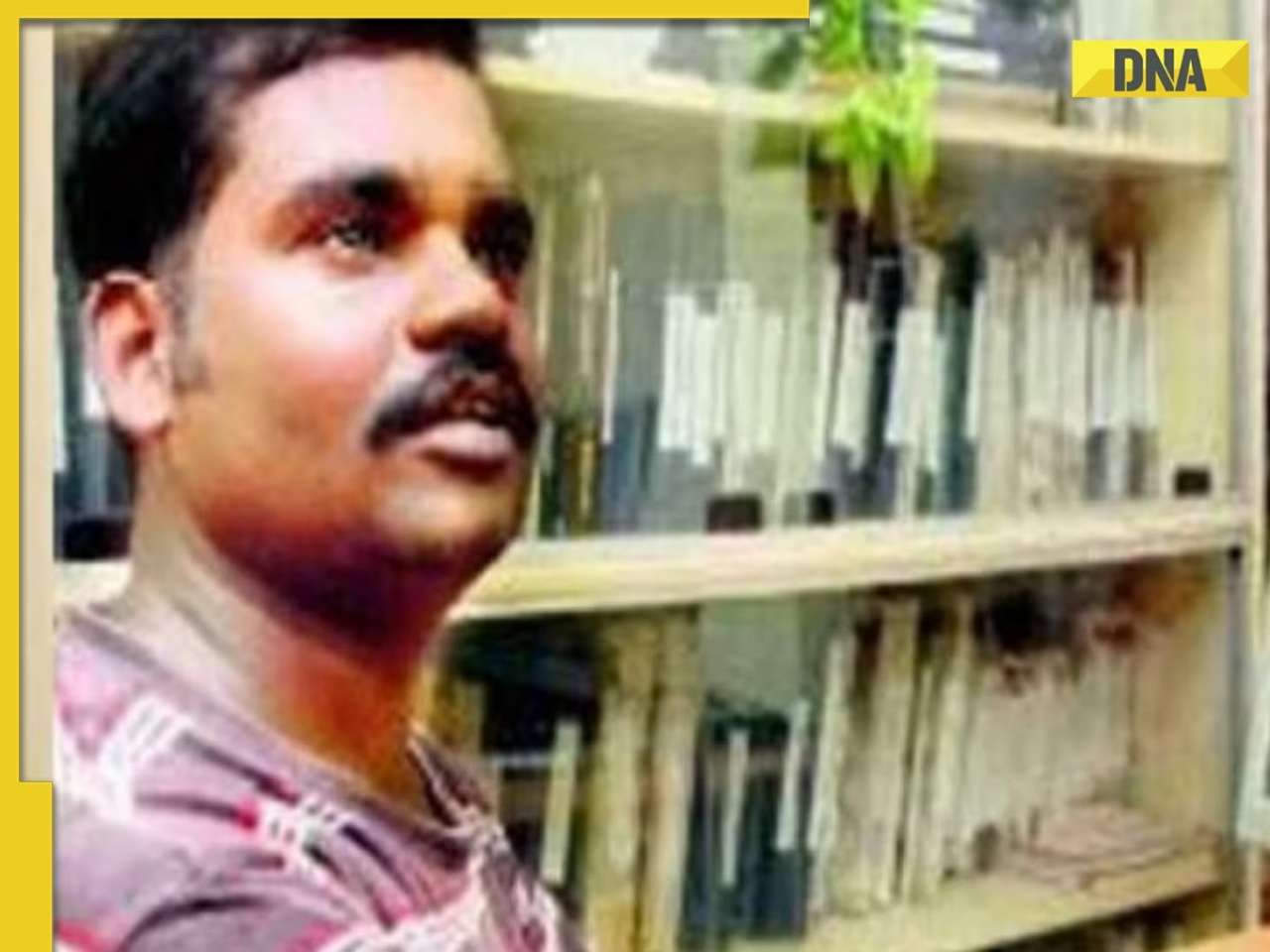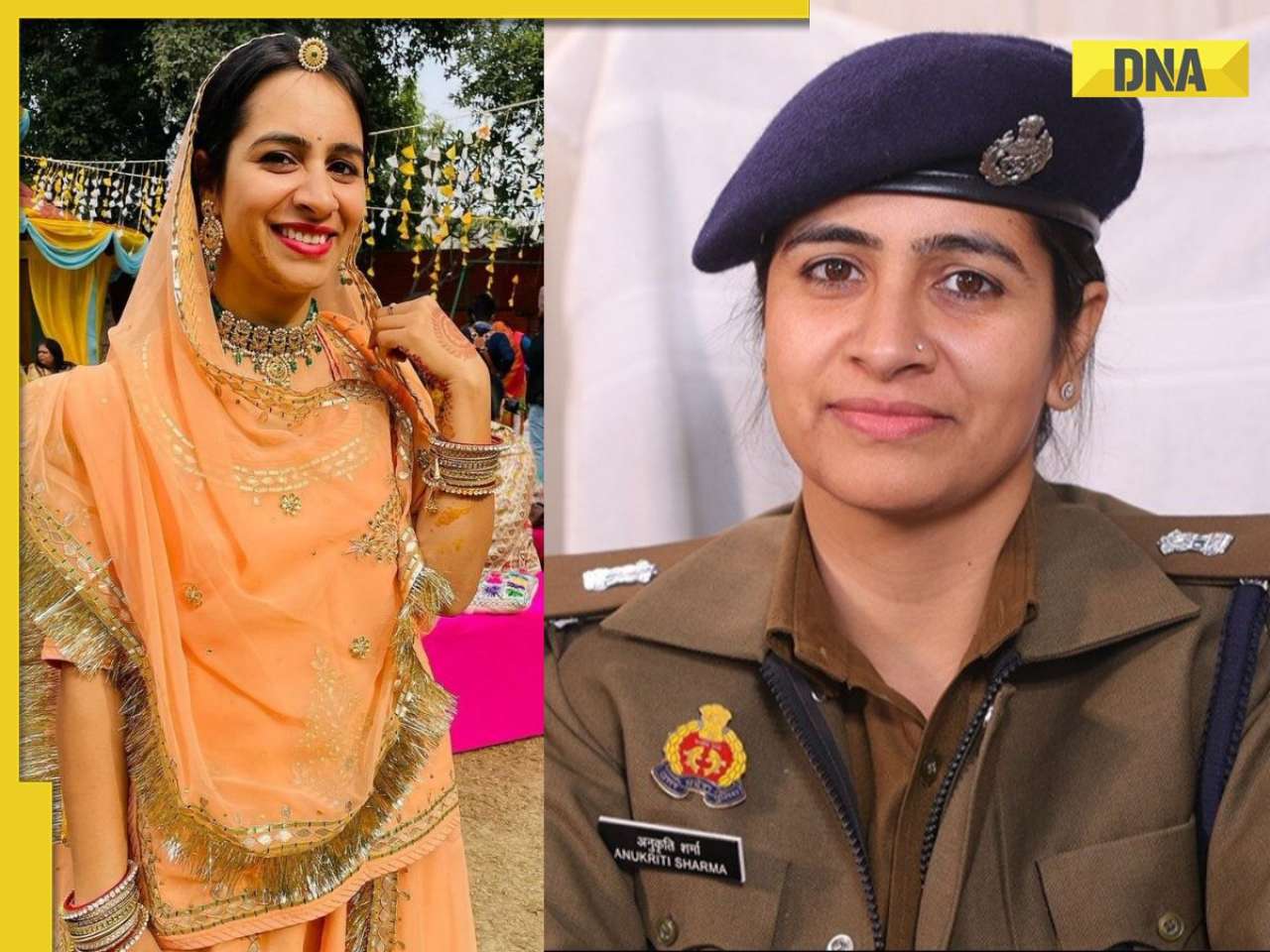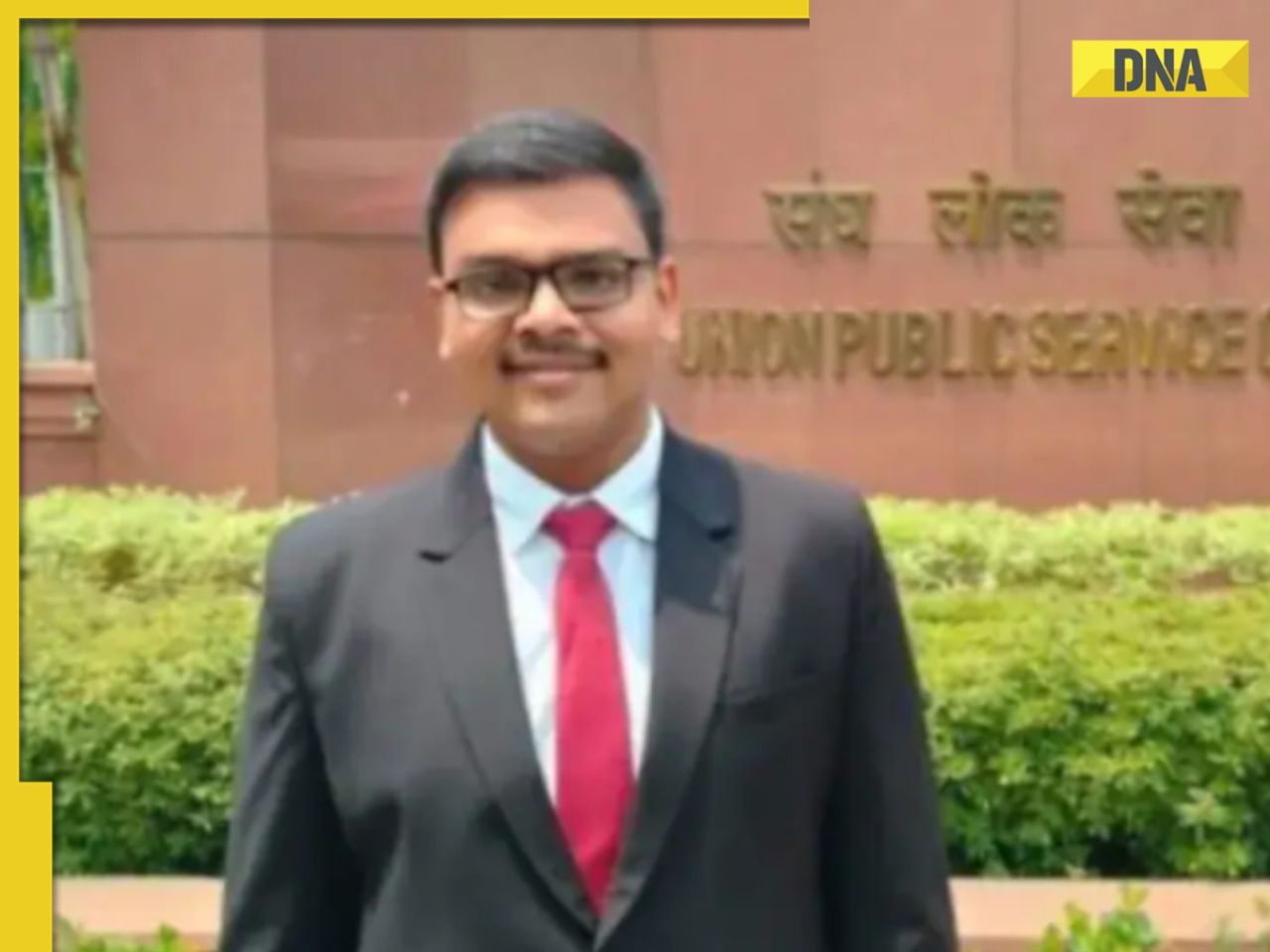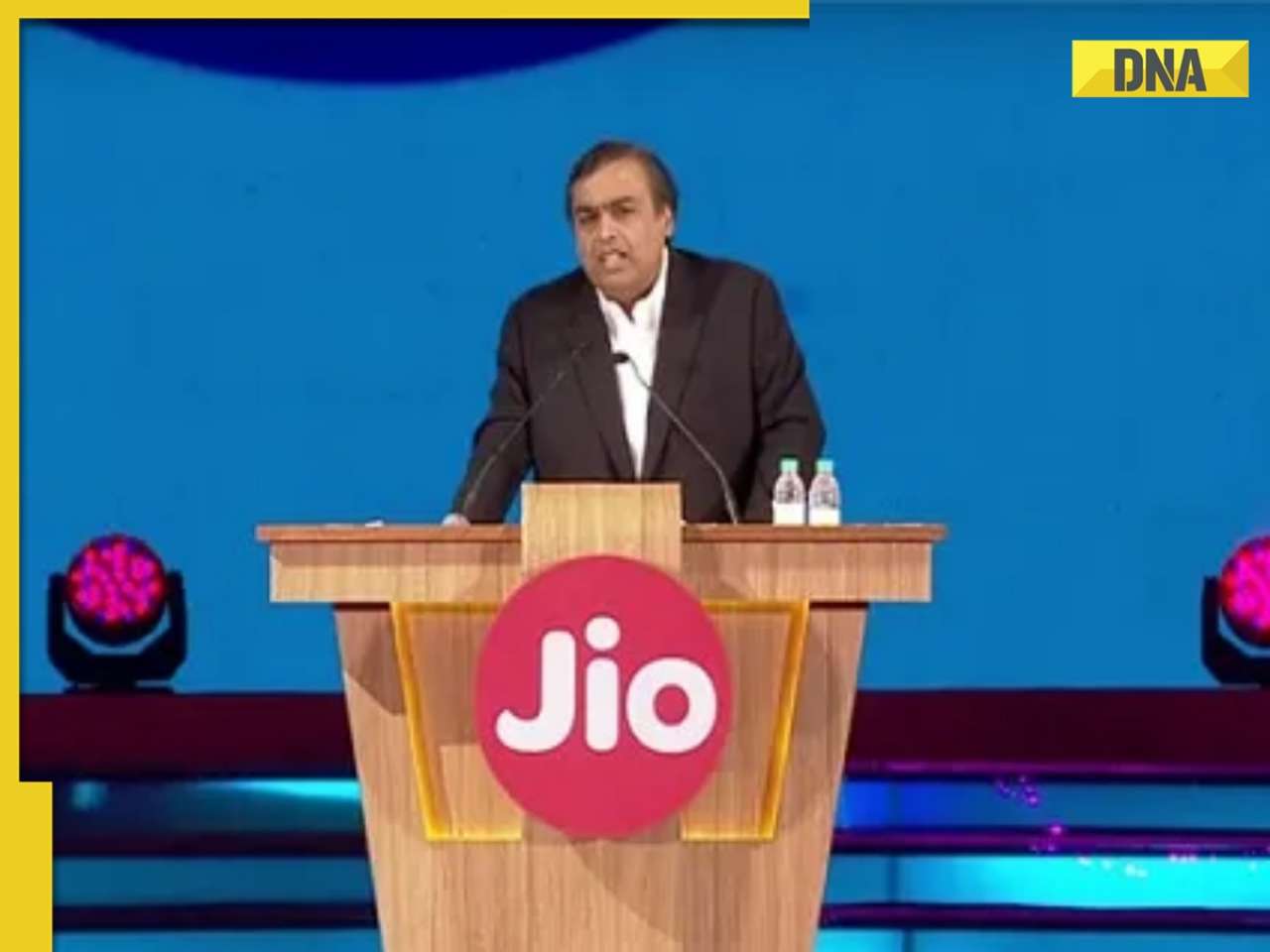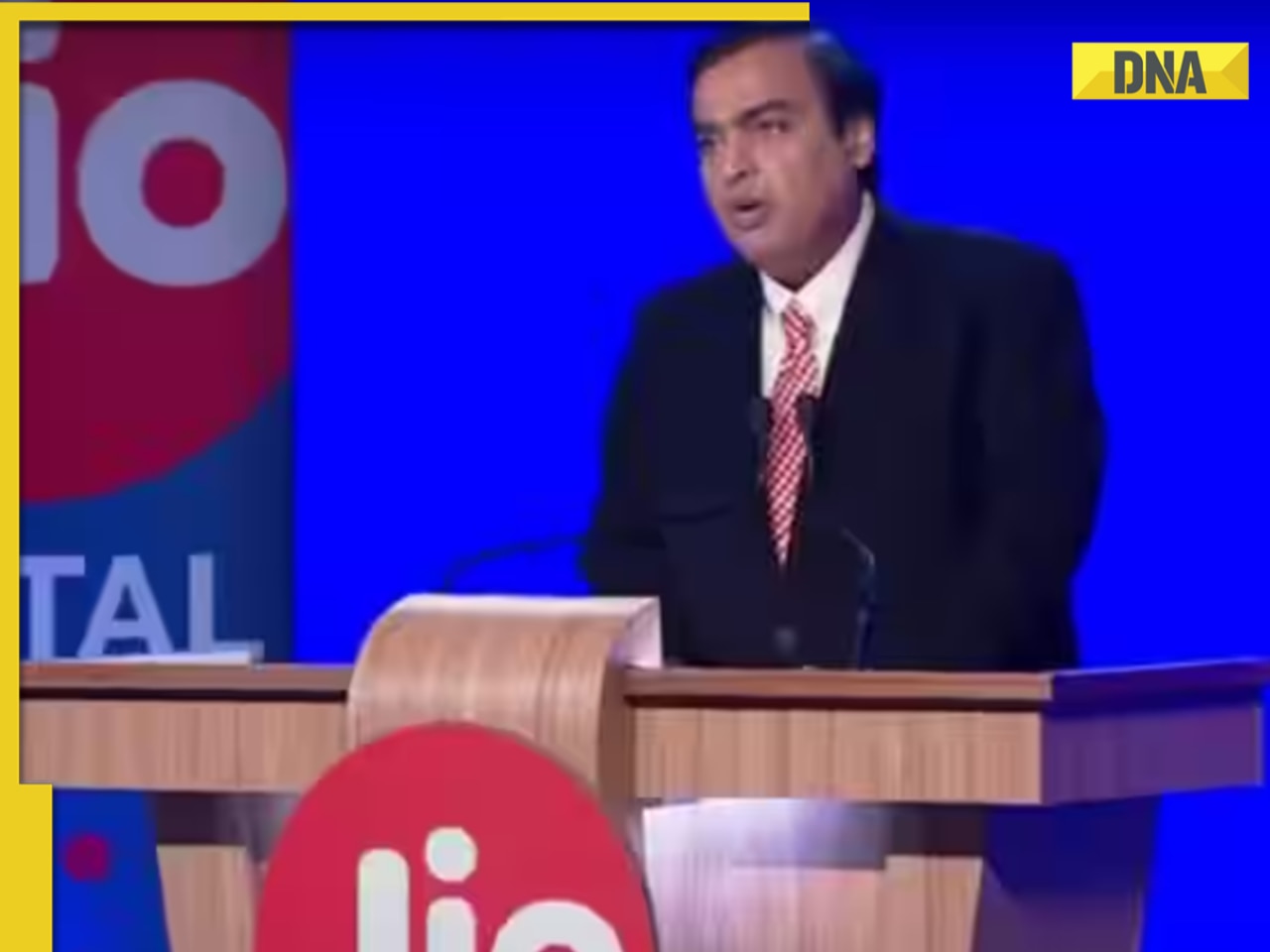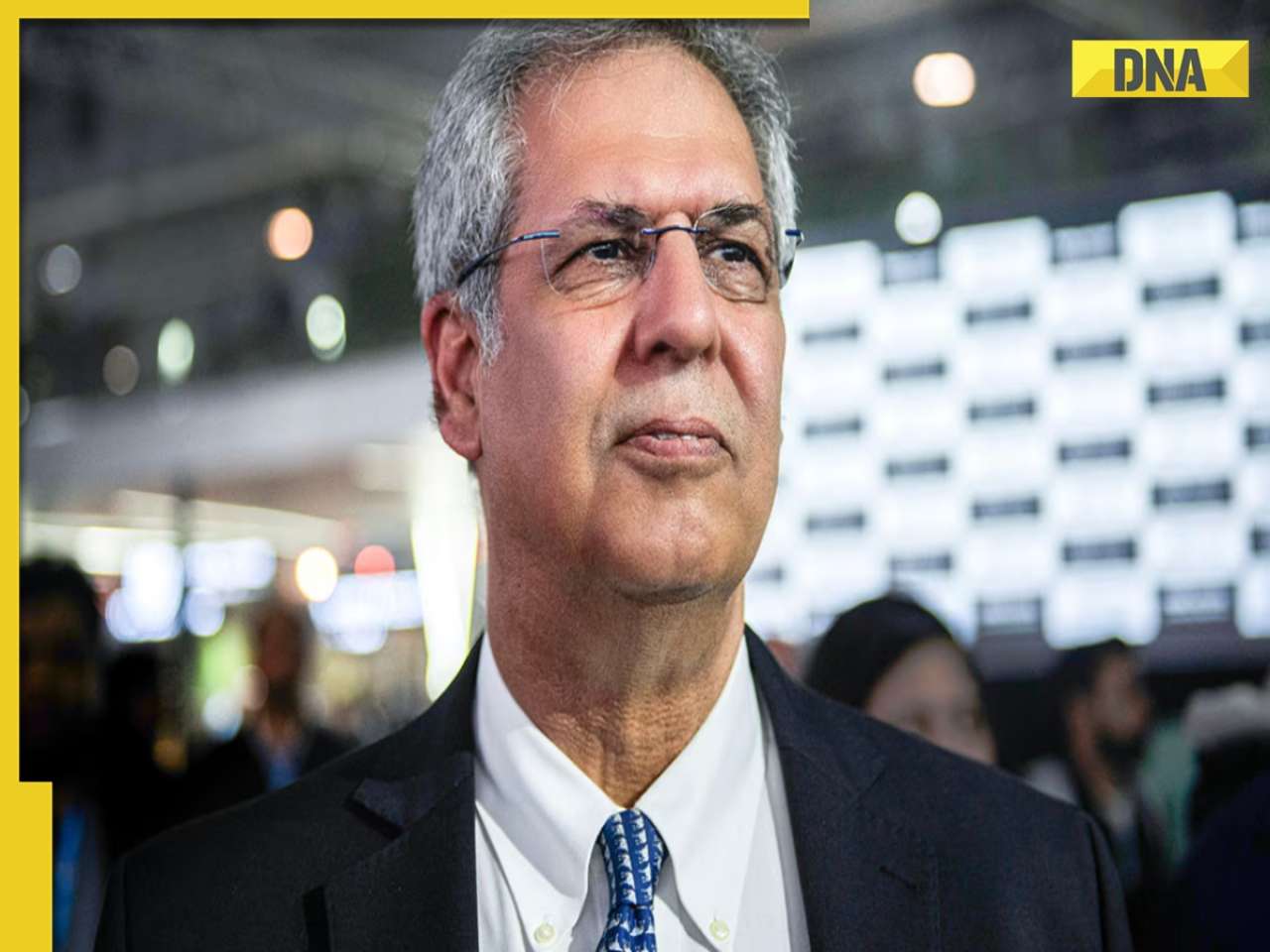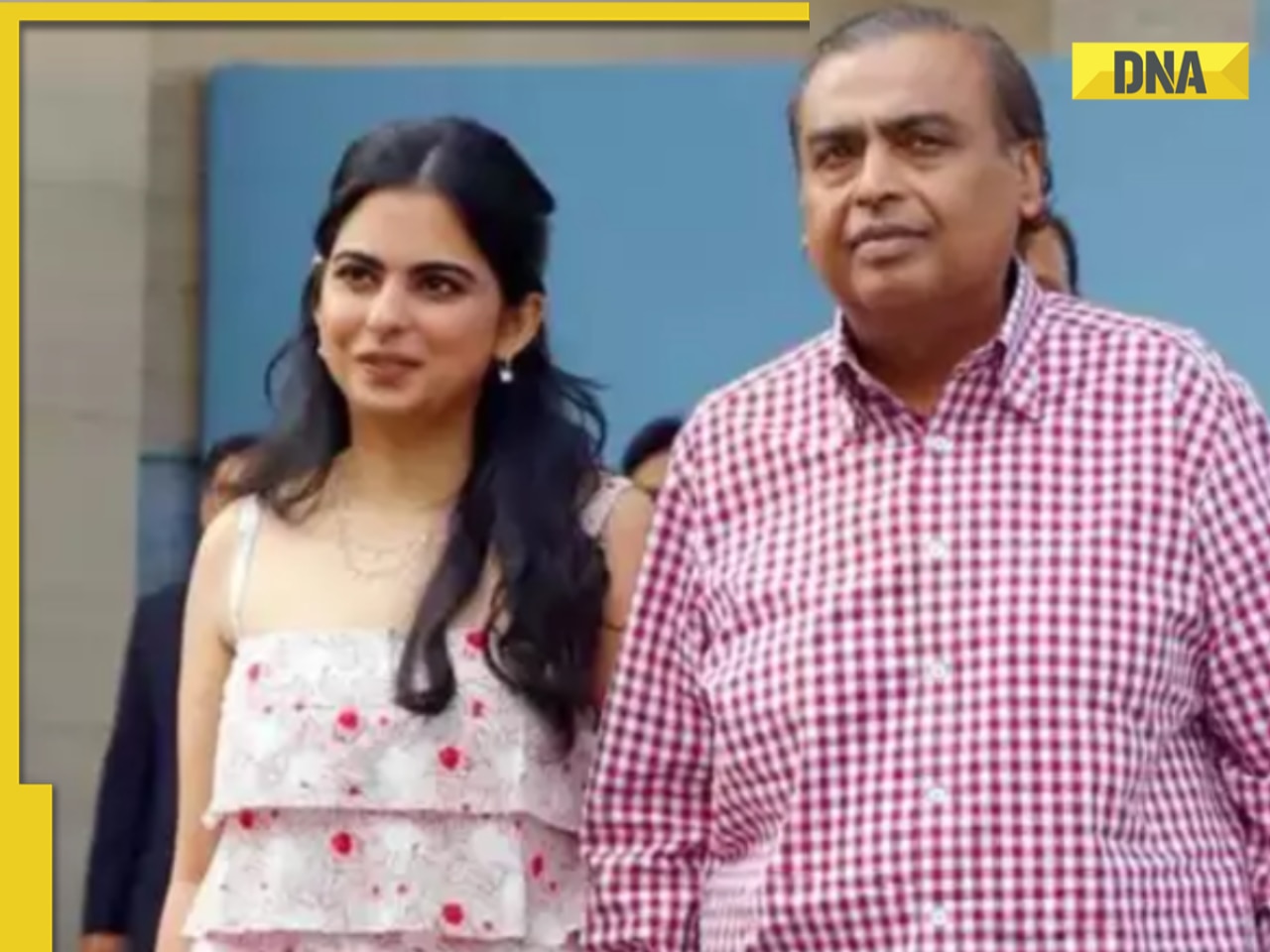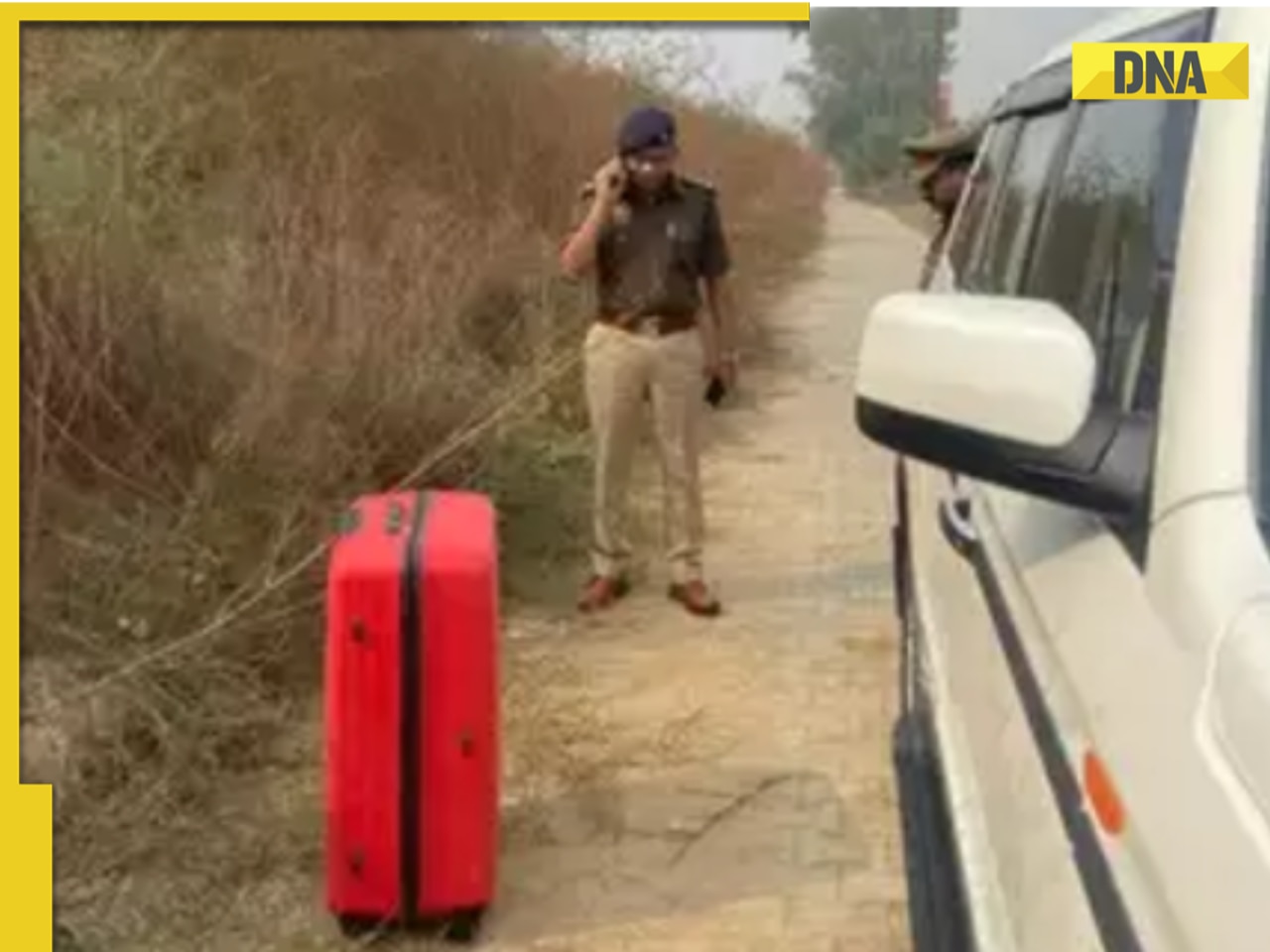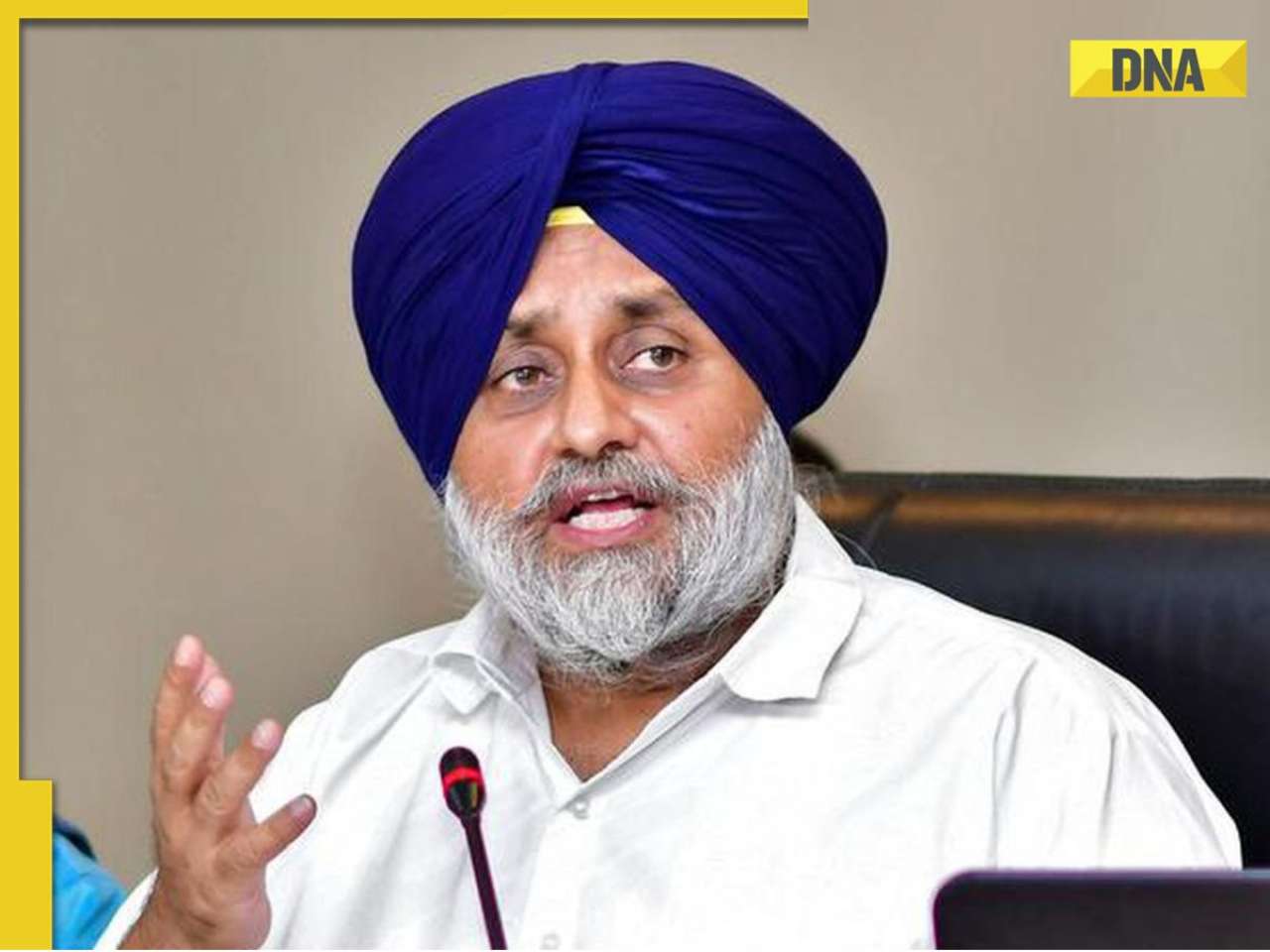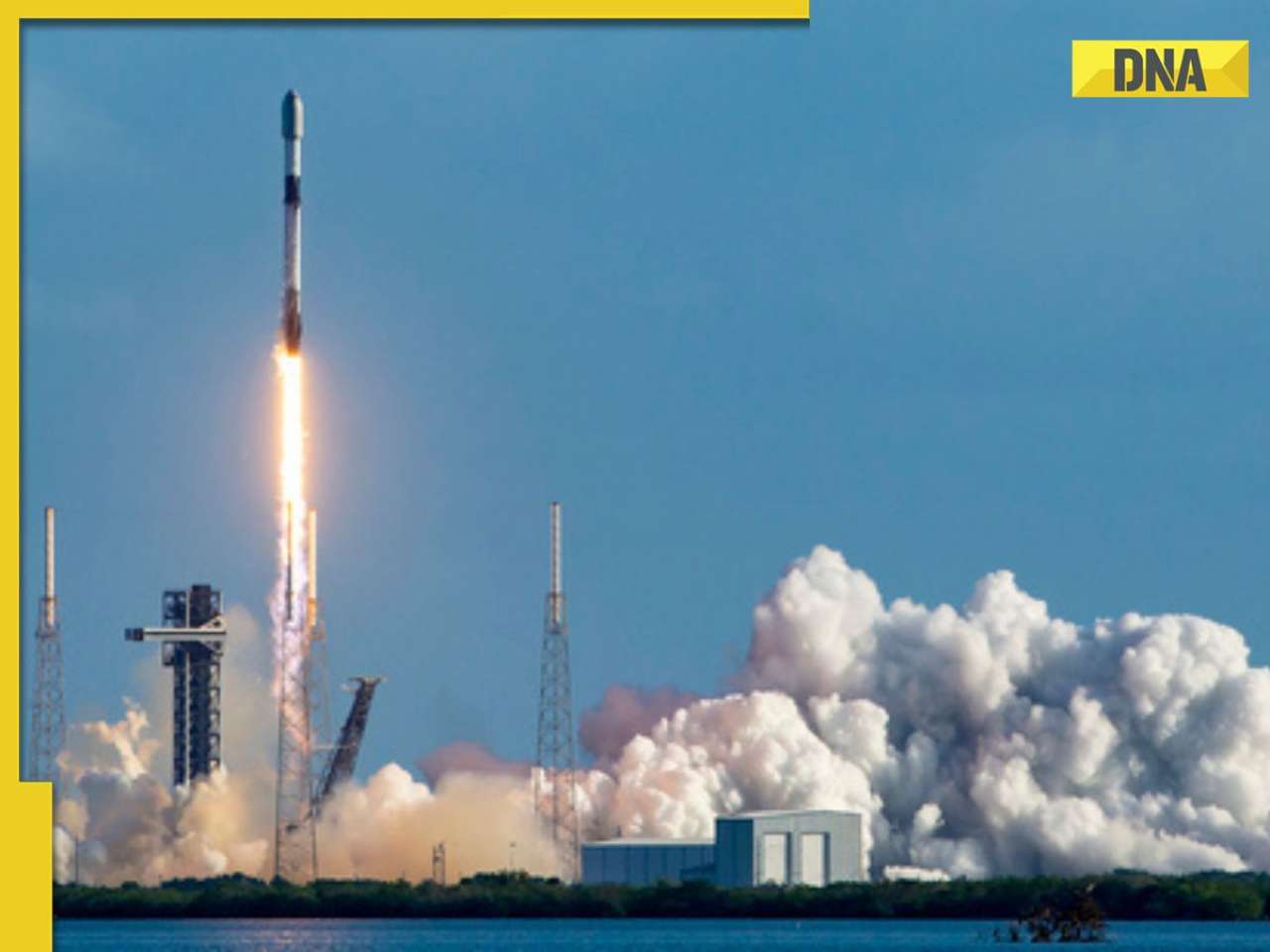- LATEST
- WEBSTORY
- TRENDING
BUSINESS
Interview: Vice Admiral Pradeep Chauhan
‘The navy’s role in securing India’s interests, including economic, is being redefined faster than ever’, says Vice Admiral Pradeep Chauhan, one of India’s finest minds in defence.
TRENDING NOW
Q: You have been a great believer that one of the primary objectives of the Navy is to protect India’s business interests.
A: Let me redefine that for you. I believe that the Navy has to protect India’s core national interests. That is quite clear. Its core national interest is to ensure the material, economic and societal well-being of the people of India. In so far as business also tries to achieve these objectives, it is incumbent on the Navy to protect these interests too.
Q: Does this mean that you see the role of the Navy extending beyond the protection of its territories?
A: If India has to grow, and sustain that growth, there clearly has to be a synergising of the efforts made by government, business and India, which means safeguarding the territorial integrity of geopolitical entity. You obviously cannot have Indian business, if there is no geopolitical entity called India.
Second, we need to recognise that security and business are not misaligned. After all, security is not only military security. It is just one of the several things that the United Nations means when talking about security. There is the need to look at political security, economic security, human security, food security and energy security. Denial of these linkages would only push any advocate of such denial into the realm of fallacy.
This is recognised by the Indian state as it matures. And since the armed forces are an organ of the state they too should be expected to see the linkages at the strategic level. It also means that we need to look at business not merely as a shop, a physical place that needs protection, but as a business that needs to be developed for a longer period. Shops look at business from a day-to-day perspective. Business planning and development requires more foresight and planning. And we are finding to our delight that both industry and the state are beginning to recognise these synergies.
Q: Is this a new development?
A: A lot of things have begun to change during the last decade, especially during the past 5 to 6 years. And that has made it even more critical to differentiate between threats and interests. The earlier role of the defence was to look at threats. Today we have begun to look at our interests. For instance, take Babel Mandel at the mouth of the Gulf of Aden. These are the waters through which $60 billion of India’s exports traverse annually, and $50 billion of imports. So we have to find ways to secure our interests in these waters as well. The country’s business would be significantly affected if serious attention were not given to such sea trade routes as well.
And do please remember that money is a coward. It runs away from any place where security and well-being could be in jeopardy. And money is a core national interest. So securing interest in the way money comes in and travels should be our concern as well. And this is where political issues also emerge - on how this is to be managed through societal structures. And we, as an organ of the state, can pressure, promote and protect. And that is where we think we too have a role to play. Thus, it is in the national interest to promote stability in this region.
Sometimes, in order to get that stability in the neighbourhood, we have to ensure that the neighbourhood is itself secure within itself, even if it is at our cost or some denial of some Indian asset. For instance, let’s take a hypothetical situation where a group of Indian dignitaries is holidaying on an island and are suddenly taken hostage by terrorists. Trying to deal with such a situation can be messy. It is better to approach the island country and help it beef up its security, even if it means that we have to provide it some boats and some training. We are suddenly moving away from self interest to enlightened self interest.
Take another example. As a Navy, I should not be concerned with global warming. But if the waters were to rise and inundate the Maldives islands, we could have 1.2 million boat people on India’s shores. This would burden India economically and create security related issues for the country. Preventing such a situation is a better option. We, therefore, have begun to advise other arms of the government of scenarios that could be unfolding.
Take a third example. Antartica is a place that fascinates everyone. It has huge amounts of natural resources - minerals and oil, and is a large land mass as well. indian scientists are also there. But we look at the Antartica for yet another reason. This is from where the monsoons in India originate. It controls India’s monsoons. So Antartica is supported by maritime and naval interest. After all, naval power is a subset of maritime power—it is concerned about how to protect India’s maritime interests in times of both peace and conflict.
That is why what happens in Morocco is important. Not only because of the phosphates, but because it allows Indian businessmen the opportunity for trade with Europe (on account of special treaties it enjoys with such territories).
Q: Obviously, your maritime interests would also apply to protecting Indian ships…
A: Of course. But here, too, our role is rapidly changing. Take a couple of indicators. Almost 90% of India’s trade by volume and about 77% by value travels by sea. Thus we have to look at India as an island nation for all practical purposes. But this is not very easy. Just ten years ago, 34% of India’s cargo travelled on Indian bottoms (meaning ships). Today our merchant navy has swelled to over 1,000 ships of 10 million GRT (gross registered tonnage). But today they carry just 8% of India’s cargo. So what is the Navy supposed to do? Just focus on protecting 8% of India’s cargo, or the 92% that travels on non-Indian bottoms? But then how do I protect such cargo? For all I know, the ship may be owned by a person of one nationality. It may be registered under another nation’s flag. And its crew many come from a variety of countries and may include Fillipinos, Ukranians and even Chinese. So when anyone tries to limit his comprehension to Indian flags, Indian business and Indian citizens, in one neat package, he must be flying in the face of reality.
Q: What are the other challenges you think the Indian Navy will have to confront?
A: Protection of trade also means looking at changes happening in the direction that trade takes. For instance, the UAE is one of the largest export destinations for India. We need to keep looking at how trade travels between India and this region. Then look at India’s trade with East Africa which is almost doubling year on year. There is also a need to make our presence felt in the Indian Ocean where China too has been trying to exert its influence. These are the waters which have witnessed a burgeoning of trade both in the direction of the East (including China and Hong Kong) and the West. Please remember that it is equally important to study how China’s trade moves, because during the past three to four years it has become our largest trading partner.
That should help improve relations between the two countries?
I think it is a common myth that when trade increases conflicts diminish. I don’t think there is anything in history to substantiate this conclusively. The trouble is when too many people say the same thing over and over again, it becomes almost an axiom. Nobody begins to question it. During the years before World War I, most European countries enjoyed a great deal of interdependence and mutual trade. Yet, we had the war. Even during the intervening period between the two world wars, trade between European countries was robust, but you had an even bigger war. Overdependence on trade with one country can sometimes lead to strains that could be worrisome. That is when countries need to diversify their dependence. Over-investment in trade can sometimes increase the risk of conflict.
Q: Do you have an entire team looking at such scenarios?
A: The Navy has officers who have multidisciplinary and multi-tasking skills of a very high order. Thus we do not have a vertical looking at this. But, at the horizontal level, we have every officer who contributes to such scenario building exercises. For instance, while junior navy cadets and crew many know the way a torpedo has to be handled, every officer has to know his maritime law. And that makes you think countries, relationships, why and how trade and laws have to work in tandem.
Unfortunately, there are not many think-tanks in India which look at the interfaces of security, policy and business. We must have more discussion on these areas. It is important for a country that is growing as fast as India is. To succeed we need intellectualism to pervade and propel India to a higher policy level. Such discussions could tap the view of the military mind which are not easily found in non-military personnel.
I say this because it is important for us to engage with civil society and gain its support for moving away from interests to enlightened self-interest. In fact, it is incorrect to say that the Navy is opposed to business along the coast. Better regulation and processes and procedures must be laid out first, before individual projects are talked about. Protecting individuals make a navy part of a protection racket which is bad policy. But protecting a policy is a better way to approach such issues.
Q: There is a great deal of talk about China’s encirclement of India. Is this true?
A: First, you must understand that China is a country where the military participates actively in using its brilliance to create policies relating to national and global strategy. Secondly, China is keen on positioning itself at all strategic locations, whether it be the Woody Islands, or the Paracel islands both in the South China Seas, or the KRA isthmus in Thailand, which allows connectivity between the Indian and the Pacific oceans, or in Chittagong [Bangladesh], or Sittwe (Myanmar), or Hambanthotta port in Sri Lanka (where, just for the record, India was approached first, but because it failed to take a strategic decision, the offer went to China), or Perth in Australia or Tanzania in East Africa (where China has interests in the uranium there), or Gwadar (Pakistan), or Sudan.
You must realise that China is doing all this not to fix India, but to position itself globally. Unfortunately, in the process, India is getting encircled. India has begun to experience a critical vulnerability at some of the global choke points and has just begun to move to counter such moves. But one must take care that India does not plan on the basis of a Chinese perspective, but draw up its own plans from the India perspective. This cannot happen as long as there is a degree of sea-blindness among some thinkers who sometimes craft policies. We need to have a situation where every possible stakeholder must be able to exert influence on every other stakeholder so that self interest can become enlightened self interest.
Vice Admiral Pradeep Chauhan must easily be one of India’s finest minds in defence. An alumnus of India’s premier National Defence Academy, Khadakvasla, the Defence Services Staff College at Wellington, the Naval War College at Karanja in Mumbai and, the prestigious National Defence College in New Delhi, he has over 35 years of rich and varied experience with the Indian Navy. In his sea-going career, he has held command of the Indian Navy’s frontline surface-combatants on as many as four occasions. Among these has been the command of the Navy’s aircraft carrier, INS Viraat. He has been instrumental in the conceptualisation and execution of strategies as well as tactics-of-war for the Indian Navy and has been the principal director in the Directorate of Naval Operations at Naval Headquarters, New Delhi. Upon his promotion to rear-admiral in 2005, he was tasked with setting-up a new and vibrant organisational structure in New Delhi that dealt with naval foreign cooperation and intelligence. Over the next three years, he was hugely successful in bringing abiding centrality to this new set-up and, consequently, in positioning the Indian Navy firmly within India’s diplomatic and strategic initiatives. He was promoted to the rank of vice admiral in 2009 and took over as the chief of staff of the Western Naval Command in August 2009. He is a recipient of the Vishisht Seva Medal and the Ati Vishisht Seva Medal. He often speaks at various fora — at think-tanks, at IITs and to senior managers at large corporates like L&T — on the need to appreciate why the role of the Indian Navy has been changing, and on the need for India to redefine its strategies.
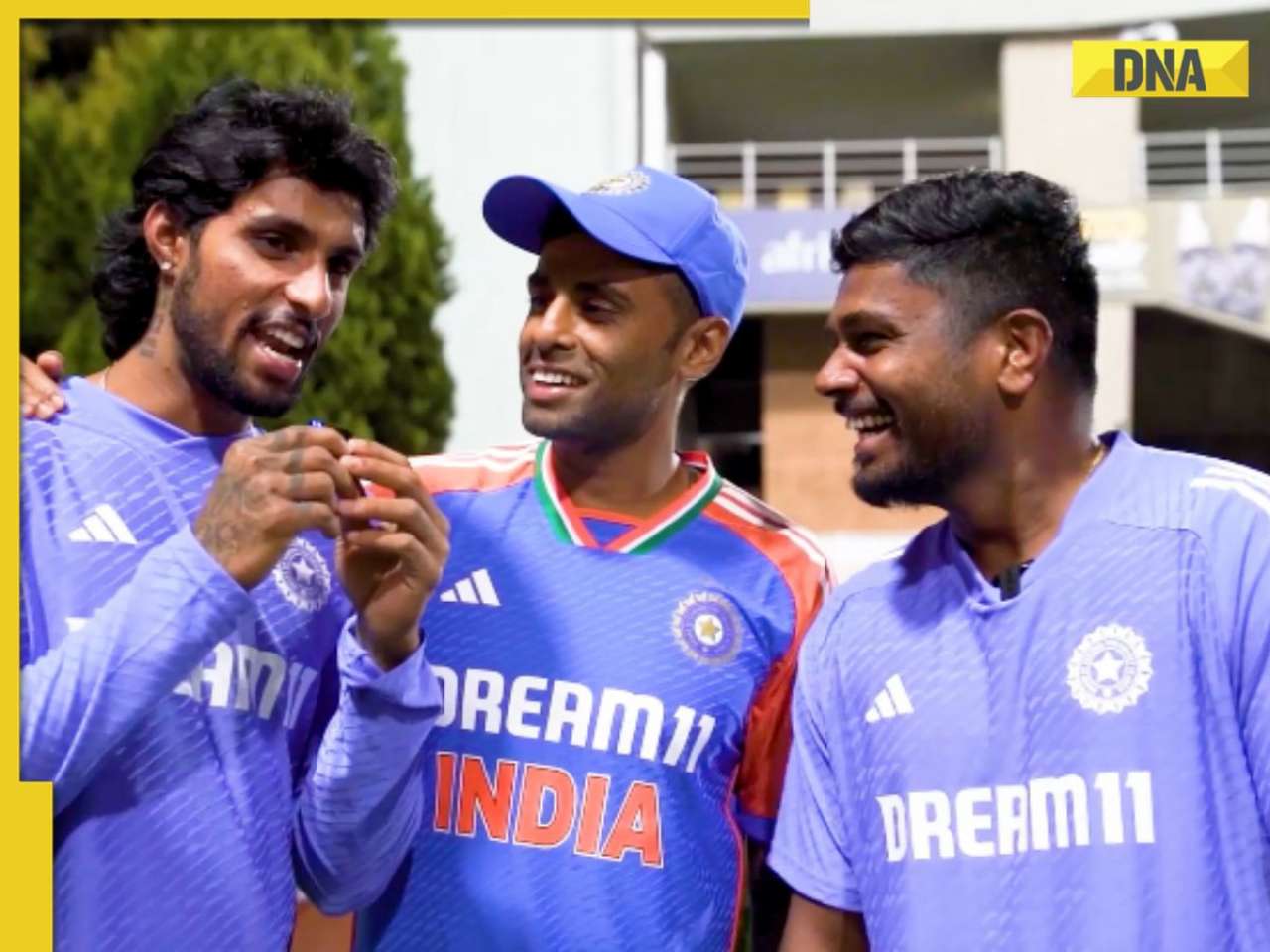

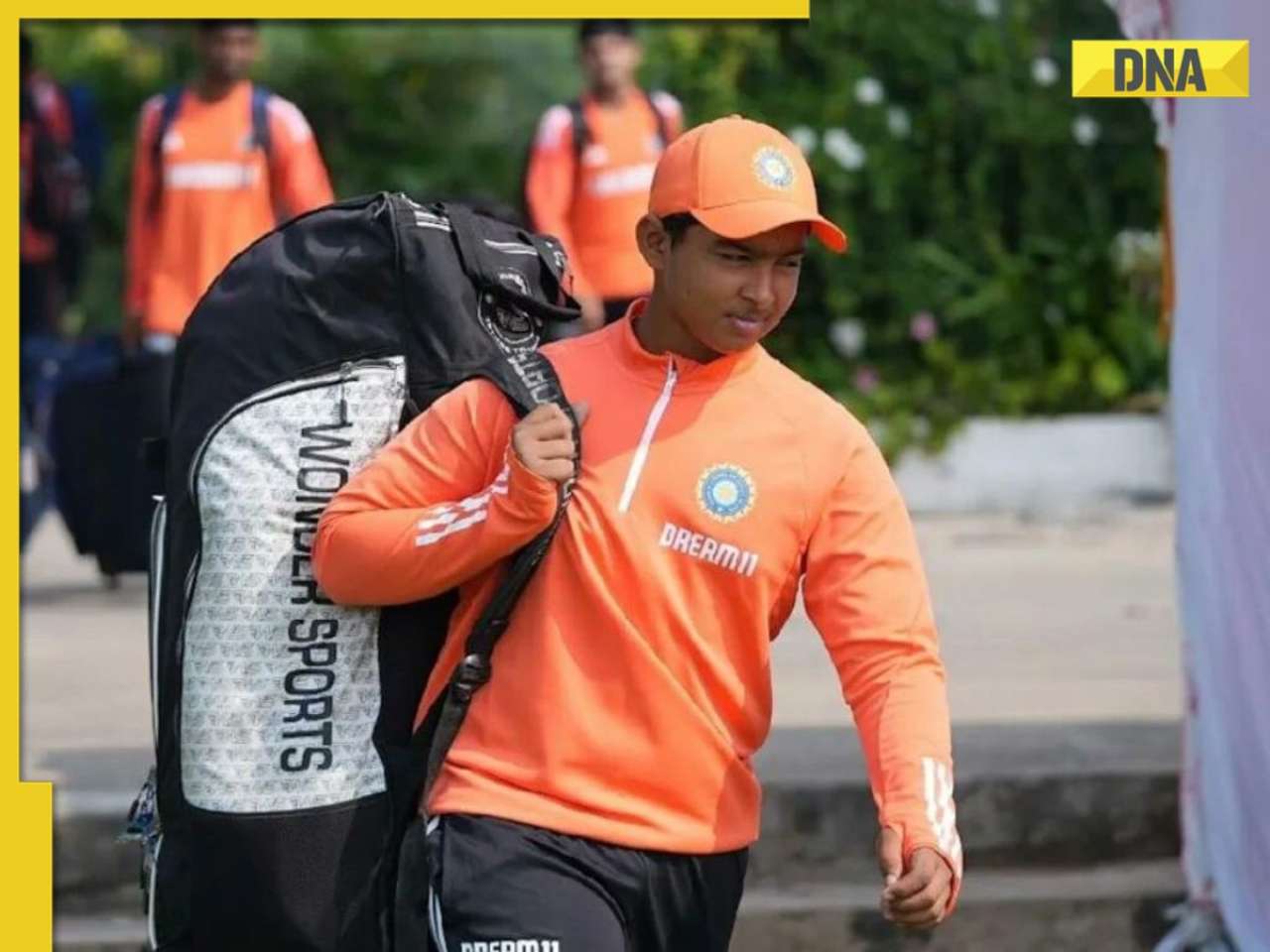


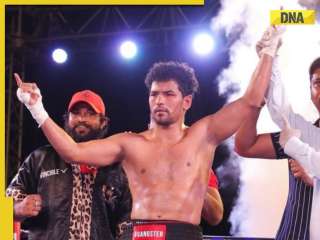

)
)
)
)
)
)
)
)
)
)
)
)
)
)
)
)





